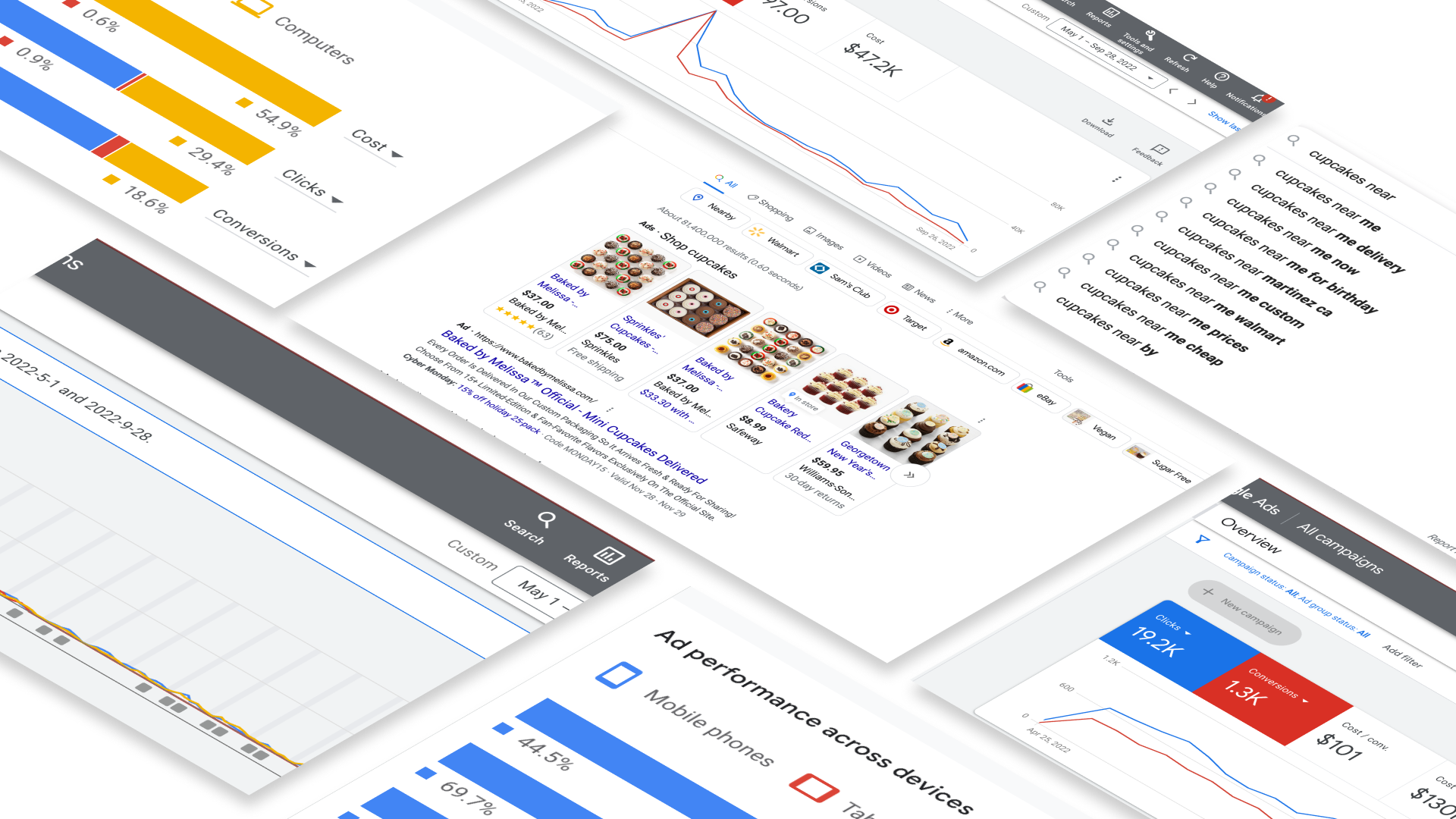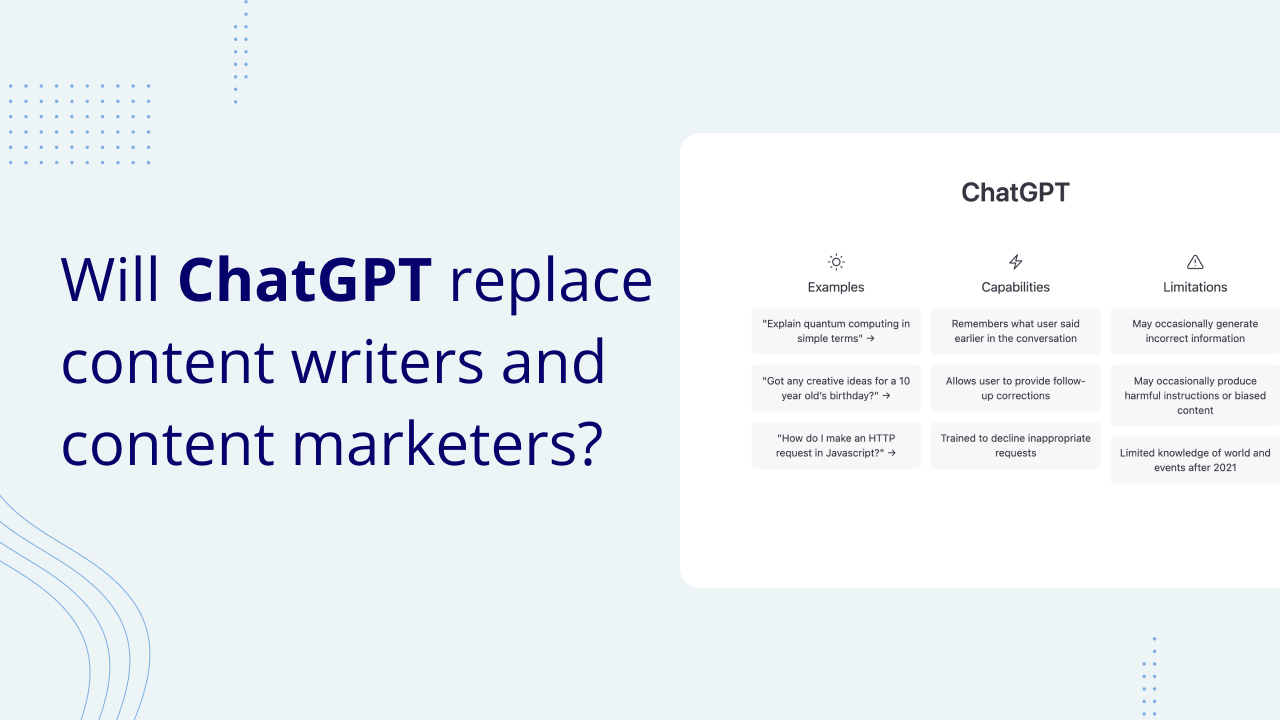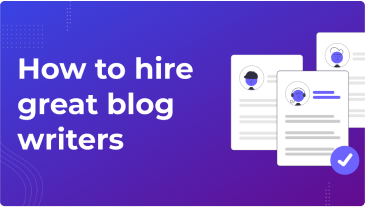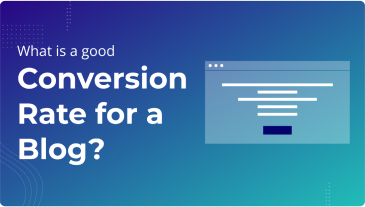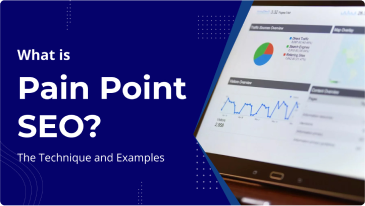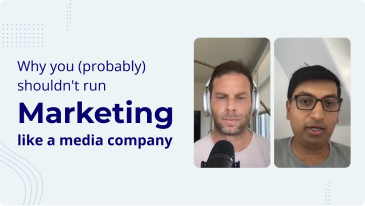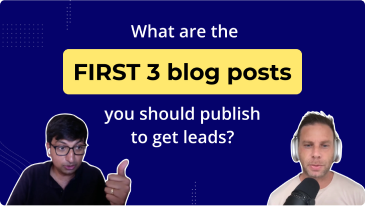Since starting Grow and Convert 7+ years ago, we’ve made one thing extremely clear: when it comes to getting search traffic to convert, search intent matters, perhaps more than anything else. We’ve backed this up with data for years on the organic side, even coining the term “Pain Point SEO”, but this importance of search intent above all else applies equally to paid search.
The level of buying intent of the search terms where your ads are showing up dictates conversion rate and therefore ROAS more than anything else. But in paid search, as opposed to organic, the consequences of getting this wrong are even more severe — you’re literally paying for every wasted click on low-intent keywords.
So, it’s surprising that in paid search accounts we see many companies making serious mistakes that are wasting spend on ads with little opportunity of leading to conversions, which kills the chances of getting good ROAS. Specifically:
- Targeting keywords without buying intent. With a lack of buying intent behind keywords, it becomes a guessing game to whether a keyword will actually convert or not, ultimately wasting spend.
- Improper account structure. Using too many keywords per ad group or too general of ad text is a common practice but can drive up costs, plus, the wrong landing page can cause high bounce rates and, therefore, a lack of leads.
- Too much automation. Automation can fail (and does) in a lot of ways — making it difficult to manage accounts properly and bring in quality leads.
These problems are far too common which is why we developed our own approach to paid search management. One that focuses on precise strategies and hands-on control of account settings and structure.
In this article, we’ll discuss the above mistakes in more detail along with more common mistakes we see in paid search accounts. Then, we’ll outline how we utilize our high buying intent strategy, among other things, to solve them.
Mistake: Targeting Keywords Without Buying Intent
As mentioned above, the number one issue we see in client’s Google Ads accounts is wasted spend on keywords that don’t have buying intent.
This can happen for a variety of reasons, such as:
- Wanting higher volume keywords to max out monthly spend
- Wanting low cost-per-click (CPC) keywords for “better costs”
- Using a variety of broad match keywords
This isn’t to say that low CPC or high volume keywords shouldn’t be in the account, this just means they shouldn’t be the deciding factor for adding them to the account. The deciding factor should be intent. Otherwise you may be bidding on keywords that do have a low CPC, for example, but without buying intent, you’re still throwing ad spend away on clicks that won’t convert.
As for broad match keywords, they are actually something Google itself recommends to lower costs.
So, it can be tempting to use broad match. But the lack of search intent behind these keywords and match types often causes higher costs per acquisition of a lead, if they result in leads at all. In fact, even if a company is somehow seeing leads come through from broad match campaigns, if you go one step deeper and look at the quality of these leads, there’s a high likelihood — based on our experience — that the leads aren’t a good fit.
This all makes sense based on what we’ve seen organically, the main difference is that for every bad search term that your ad is getting clicked on, you’re wasting money.
The “Search Terms” Report
There’s an easy way to see if there’s proper intent behind the keywords in your account right now — take a look at your “search terms” report. In this report, you can preview some of the actual search queries that your ads are appearing for (and for many, it’s a complete surprise).
You could be bidding on the term “web developers” but actually appearing for something like “what is the salary of a web developer in San Diego, CA.” That’s not great if you’re trying to bring in web development clients.
Of course, in this instance, the problem is with the keyword. It may have a low CPC or high volume but the intent is not correct. Instead, it would be better to have the term “web development agency for hire” or “web developers that specialize in xyz.”
We know what search intent is correct with individual keywords by doing research beforehand. Our research includes analyzing the SERPs, talking to clients, and reviewing past performance in the search terms report.
Choosing Keywords
We use the same keyword strategy that we do in organic: long-tail and high-intent (meaning we want to show ads on keywords that indicate the searcher is looking to buy a product or service like yours).
However, these keywords can become useless if you’re utilizing the wrong match type.
In paid search, there are four match types available as of 2024: broad match, phrase match, exact match, and negative. These go from least to most restrictive.
As we explained above, with a broad match keyword, you can have the term be “accounting software” and appear for something like “bookkeeping companies that use quickbooks accounting software in Dallas, TX.” Just like the web developer example above, this is obviously not good if you’re trying to sell accounting software.
The same term, “accounting software,” with phrase match would show for something like “what is the best affordable accounting software.” A bit better since we don’t know all potential search queries around such a short keyword.
Exact match, on the other hand, would be exactly “accounting software” or something extremely similar such as “accounting programs.”
If you’re using long-tail, high intent keywords, you shouldn’t be using broad match at all. Instead, you can just use phrase and exact match. You should also include a negative keyword strategy if you’re using phrase match (which we will touch on in another post).
Mistake: Improper Account Structure
Account structure is just as important as the keywords you choose. If you have the perfect keyword that’s bringing in the perfect search queries but your ad isn’t relevant, it’s not going to get clicked on — which means you’re not going to get any leads.
Similarly, you can have the keyword and ad match correctly, but if you’re appearing for “Shopify development agency” and your user is now on a landing page that’s all about Squarespace themes for sale, you’re not going to get any leads.
This logic isn’t groundbreaking.
Your high-intent keyword should match the query → the query should match the ad → the ad should match the landing page.
So why do so many accounts fall short here?
Their account is structured incorrectly.
Too Many Keywords per Ad Group
Many online forums — and previously Google — recommend between 5–30 keywords per ad group. In our experience, this is too many. In fact, 10 keywords are generally too many.
Let’s take an example from Google’s own website:
In this example, Google recommends that for the ad group “desserts” you could have six keywords relating to different desserts: cupcakes, pumpkin pies, apple pie, chocolate cake, etc.
But if I’m searching for cupcakes for a birthday party, I’m not going to click on an ad that talks about pumpkin pies.
It’s just not relevant.
Instead, you should have only a few high-intent keywords. In this example, that could look like someone shopping for cupcakes in Portland, ME:
- Ad Group: cupcakes
- Keywords: “cupcakes for sale,” “cupcakes in Portland,” “cupcake bakery near me.”
Although these terms may not be the exact same, they all have the same intent (to buy cupcakes in Portland) and you can base your ad text accordingly to improve your click-through-rate.
In our experience, the ad group should really only have up to six keywords. In this example, it would be:
- “cupcakes for sale” (phrase match)
- [cupcakes for sale] (exact match)
- “cupcakes in Portland”
- [cupcakes in portland]
- “cupcake bakery near me”
- [cupcake bakery near me]
However, the number of keywords relates explicitly to the intent, ad text, and landing page, so you might only have 2 keywords or up to 8 keywords. It’s all dependent on what works best for your user’s query and journey.
Search Intent Not Matching Ad Text and Landing Page
In the example above, if you’re selling cupcakes but your ad text says “pie bakery” because you have a large ad group with a bunch of semi-related ad text including both “pie bakery” and “cupcake” related ads, it’s not going to get any clicks.
Again, not revolutionary.
However, it’s still a common mistake we see in larger mismanaged accounts. Especially ones that previously had a large keyword inventory per ad group.
The easiest fix is to audit your ad text to make sure that the keywords are incorporated properly. As an extra tip, you can “pin” different headlines and descriptions to different parts of the ad. Your keyword should always be pinned in the #1 spot.
In addition to the text, your ad can only be associated with a single landing page. That landing page should also exactly match the query. If your intent is good, your ad text matches (and your click-through-rates are excellent), but your bounce rates are high, then this is where you should look.
Search Partners
When setting up a new campaign, Google will recommend many things to you and one of those is to enable search partners.
Google Search Partners is a network of websites where your ads can appear. The CPCs on the Search Partners Network are generally much lower than Google itself.
However, this is a huge problem.
In our testing, we’ve seen that Search Partners rarely — if ever — result in high-quality leads.
When someone is searching your keywords on Google, they are in an active mindset to buy your product or service.
On Search Partners, this may not be the case. They may be browsing a new site or blog. The intent behind their search isn’t the same as when they’re searching on Google itself. In addition, some sites are irrelevant to your users’ query. These factors tend to make these clicks complete junk.
This is why we never use Search Partners.
Mistake: Too Much Automation
A common theme you may have noticed above is that automating can be a problem.
- Broad match is just letting Google choose the queries its algorithm thinks relate to your keyword.
- Leaving important keywords in unpinned positions in your ads can cause those keywords to not appear at all (due to Google’s automation).
- Search Partners lets Google’s algorithm determine what websites you should appear on.
This problem extends further. There are a variety of ways that Google wishes to automate your account. Each form of automation comes with its own potential mistakes relating to lack of search intent.
For example, Dynamic Search Ads are a commonly used feature in paid search.
Dynamic Search Ads
In Dynamic Search Ads, you have a couple of choices:
- You can let Google crawl and analyze your entire website.
- You can give Google specific pages to crawl.
Once Google knows which pages are important, using its algorithm, it will develop a keywords list that you cannot see. Then it will bid on those keywords using ad text that it develops — although you can develop part of this — and will direct users to the landing page on your website that it feels is most relevant.
There is also a search terms report here where you can see what queries your ads are appearing for and exclude searches — but only after they’ve already happened.
The problem here is just as it is above: a majority of the time, Google’s algorithm is wrong. There are just too many areas where these types of ads can fail — between not fully understanding the users intent to not understanding small, but important differences between landing pages, and the too general (or too specific) ad text.
This makes running these kinds of campaigns almost impossible to manage or see quality results on.
Automated Extensions
When done correctly, adding extensions can help your ads stand out and give your users additional, relevant information.
However, Google also attempts to automate these.
It can pull information from your website and around the web to add assets such as sitelinks it thinks are relevant to your users query or even location data. In fact, Google warns:
“Google Ads may automatically match your business to known locations (based on various account properties such as landing pages) and add the information to your account to create these assets.”
This level of automation can cause irrelevant clicks for services or to locations that shouldn’t be on your ad. This feature can be turned off in your account settings.
Smart Campaigns
Smart campaigns are made for businesses that may not have the time to run their own account. Below is how Google describes this:
“When you sign up for a Smart campaign, you’ll write an ad that describes your business. You’ll also choose which keyword themes you want to target your ad and set a budget. Your ad will automatically show to potential customers across Google Search, Google Maps, YouTube, Gmail, and Google partner websites.
Your ad can show when potential customers in your geographic area search for phrases related to your business on Google or Google Maps. Your ad can also show for people who are outside of your neighborhood, but who include terms related to your business as well as your business location in their searches.”
This type of campaign is very similar to Dynamic Search Ads with a few differences: your ad shows in even more places (not just search) and can even show to users outside of your designated search area. You also cannot control things like your bid or max CPC.
This hands-off approach can cause many problems, similar to what we see in Dynamic Search Ads.
Partner With Us
Just like in organic search, high-intent keywords are extremely important when setting up your ads account. The user’s intent and query play a big role in determining if they will click on your ad at all or become a quality lead.
But the stakes are even higher in paid search because you’re paying for every click. So you can’t afford to waste clicks on keywords, ads, or landing pages that aren’t carefully optimized to drive the most customers as possible.
That’s why we use a careful, manual, non-automated, no-shortcuts approach to help companies transform their paid search campaigns from barely break even to positive ROAS.
If you’re interested in working with us on your paid search campaigns, you can learn more and reach out here. We start every engagement off with an audit where we analyze the account based on the factors above and give our honest assessment of its issues and opportunities (and whether we’d be a good fit to help manage your paid search campaigns).

